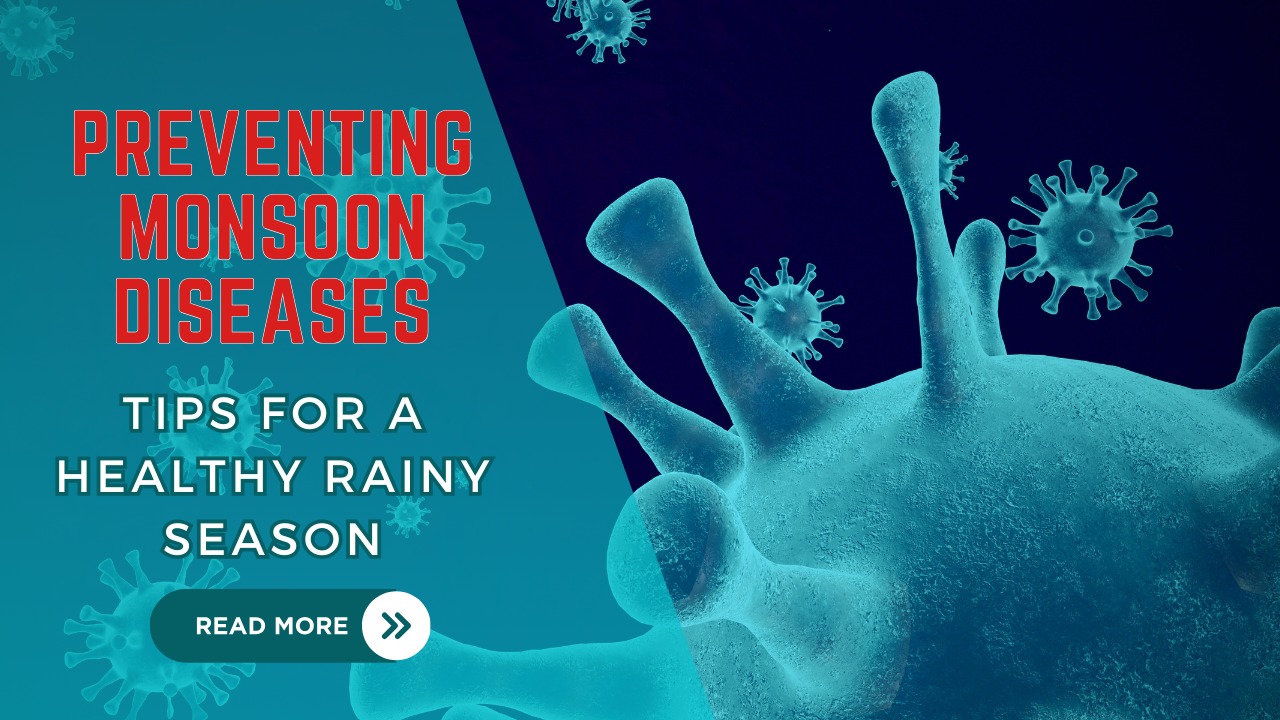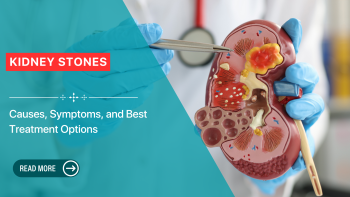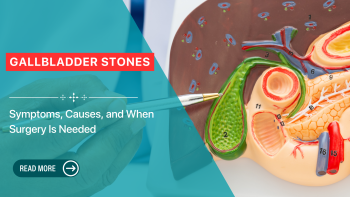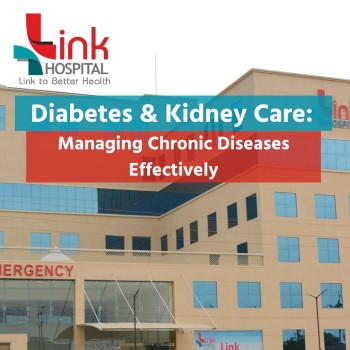Monsoon brings relief from the scorching
heat, but it also brings a host of health issues. The increased humidity and
stagnant water during the rainy season create a breeding ground for various
bacteria, viruses, and parasites, leading to a surge in monsoon-related
diseases. This blog aims to provide detailed information on common monsoon
diseases, their prevention, and tips for maintaining good health during the
rainy season.
Common Monsoon Diseases
1. Dengue Fever
Dengue
fever is a viral infection transmitted by the Aedes
mosquito, which breeds in stagnant water. Symptoms include high fever, severe
headache, pain behind the eyes, joint and muscle pain, rash, and mild bleeding.
Prevention:
●
Eliminate standing water around
your home to prevent mosquito breeding.
●
Use mosquito repellents and wear
long-sleeved clothing.
●
Install window and door screens to
keep mosquitoes out.
●
Use mosquito nets while sleeping.
2. Malaria
Malaria is caused by Plasmodium parasites, transmitted through the bite of
infected Anopheles mosquitoes. Symptoms include high fever, chills, sweating,
headache, nausea, and vomiting.
Prevention:
●
Use insect repellent and wear
protective clothing.
●
Sleep under mosquito nets.
●
Avoid outdoor activities during
dusk and dawn when mosquitoes are most active.
●
Use insecticide-treated bed nets.
3. Chikungunya
Chikungunya is another viral disease spread by Aedes mosquitoes. Symptoms include
sudden onset of fever, severe joint pain, muscle pain, headache, nausea,
fatigue, and rash.
Prevention:
●
Follow similar preventive measures
as for dengue and malaria.
●
Avoid mosquito bites by using
repellents and protective clothing.
4. Leptospirosis
Leptospirosis is a bacterial infection caused by Leptospira bacteria, often
transmitted through contact with water contaminated by animal urine. Symptoms
include high fever, headache, chills, muscle aches, vomiting, jaundice, red
eyes, abdominal pain, and diarrhea.
Prevention:
●
Avoid walking through stagnant
water.
●
Wear protective footwear when
walking in flooded areas.
●
Maintain good hygiene and clean
any wounds immediately.
5. Gastroenteritis
Gastroenteritis is inflammation of the stomach and intestines, usually caused by
bacterial, viral, or parasitic infections. Symptoms include diarrhea, vomiting,
abdominal pain, fever, and dehydration.
Prevention:
●
Drink only clean, boiled, or
filtered water.
●
Avoid eating street food or food
from unhygienic places.
●
Wash hands thoroughly before
eating and after using the restroom.
●
Ensure proper food storage and
handling to avoid contamination.
6. Typhoid Fever
Typhoid
fever is caused by the Salmonella typhi bacteria,
transmitted through contaminated food and water. Symptoms include prolonged
fever, weakness, stomach pain, headache, loss of appetite, and sometimes rash.
Prevention:
●
Drink safe, clean water.
●
Maintain good personal hygiene.
●
Avoid raw vegetables and foods
from street vendors.
●
Get vaccinated if traveling to
high-risk areas.
7. Hepatitis A
Hepatitis
A is a viral liver infection caused by the Hepatitis A
virus, transmitted through ingestion of contaminated food and water. Symptoms
include fatigue, sudden nausea and vomiting, abdominal pain, clay-colored bowel
movements, loss of appetite, low-grade fever, and jaundice.
Prevention:
●
Ensure proper sanitation and
hygiene.
●
Drink clean, safe water.
●
Get vaccinated against Hepatitis
A.
●
Avoid raw or undercooked
shellfish.
General Health Tips for the
Rainy Season
1. Maintain Good Personal
Hygiene
Good personal hygiene is crucial to
prevent infections during the monsoon season. Wash your hands regularly with
soap and water, especially before eating and after using the restroom. Take
regular showers and keep your body clean and dry.
2. Drink Clean and Safe
Water
Waterborne diseases are common during the
monsoon. Ensure you drink clean and safe water by boiling it or using a water
purifier. Avoid consuming water from unknown sources.
3. Eat Healthy and
Hygienic Food
Consume freshly cooked food and avoid
street food or food from unhygienic places. Wash fruits and vegetables
thoroughly before eating. Avoid raw or undercooked food, especially seafood and
meat.
4. Boost Your Immunity
Strengthen your immune system by eating a
balanced diet rich in vitamins and minerals. Include plenty of fruits,
vegetables, whole grains, and lean proteins in your diet. Stay hydrated and get
adequate rest and sleep.
5. Keep Your Surroundings
Clean
Ensure your surroundings are clean and free from stagnant water to prevent mosquito breeding. Dispose of garbage properly, and clean drains and gutters regularly. Use disinfectants to clean surfaces and prevent the spread of germs.
6. Use Insect Repellents
Use insect repellents on exposed skin and
clothing to protect against mosquito bites. Choose repellents containing DEET,
picaridin, or oil of lemon eucalyptus for effective protection. Reapply as
directed on the product label.
7. Wear Protective
Clothing
Wear long-sleeved shirts, long pants, and
socks to minimize skin exposure to mosquitoes. Light-colored clothing is
preferable as it is less attractive to mosquitoes.
8. Avoid Getting Wet in
the Rain
Getting drenched in the rain can increase
the risk of infections. Carry an umbrella or wear a raincoat to stay dry. If
you do get wet, change into dry clothes as soon as possible to avoid catching a
cold or other illnesses.
9. Practice Safe Waste
Disposal
Dispose of waste properly to prevent
water contamination and reduce the risk of infections. Use covered dustbins and
ensure proper waste management to keep your environment clean and healthy.
10. Regular Health
Check-ups
Regular health check-ups can help detect
and treat any infections early. Consult your healthcare provider if you
experience any symptoms of monsoon-related diseases. Timely medical
intervention can prevent complications and ensure a speedy recovery.
Conclusion
The monsoon season, while refreshing,
brings with it a range of health challenges. By taking preventive measures and
maintaining good hygiene, we can protect ourselves and our loved ones from
monsoon-related diseases. Awareness and proactive steps are key to enjoying a
healthy and disease-free rainy season. Stay informed, stay safe, and make the
most of the monsoon with these essential health tips.
Your
health is your wealth. Take the necessary precautions to protect yourself and your family from common monsoon diseases this monsoon season. Stay vigilant, maintain good hygiene, and seek medical attention
promptly if you experience any symptoms. Remember, early diagnosis and
treatment can prevent complications and ensure a quick recovery.
At Link Hospital, we are here to support
you every step of the way. Our state-of-the-art facilities and compassionate
care make us the preferred choice for healthcare in Gwalior. Trust us to keep
you healthy and safe during the rainy season and beyond.
Stay healthy, stay safe, and enjoy the monsoon responsibly with Link Hospital – your partner in health and well-being.











